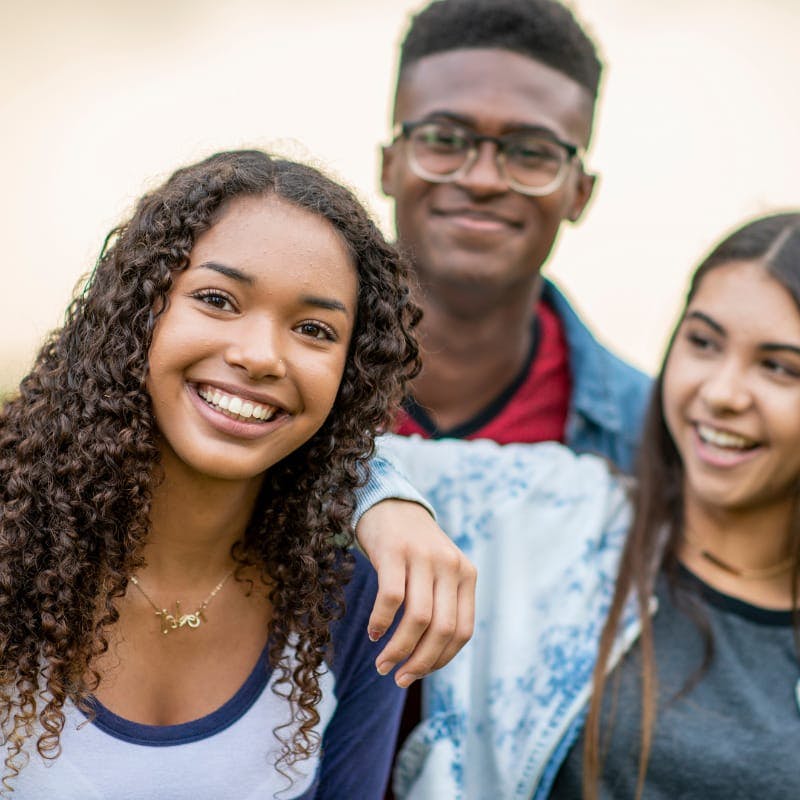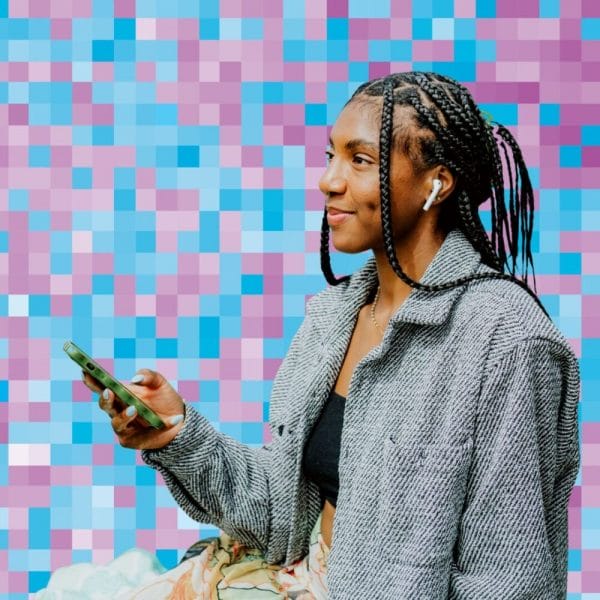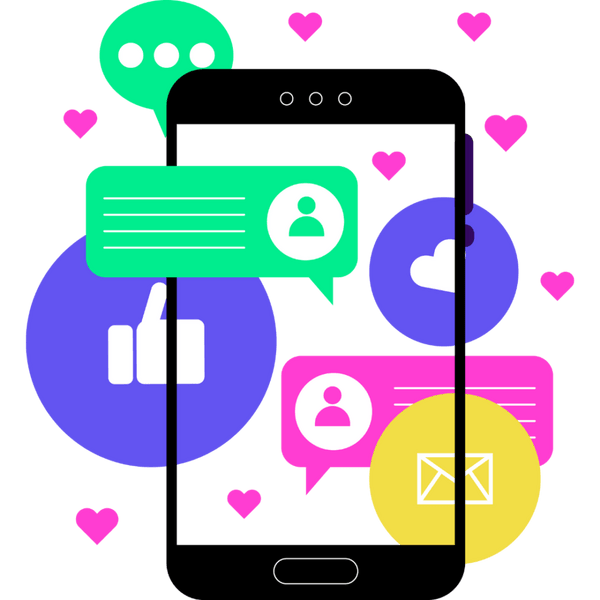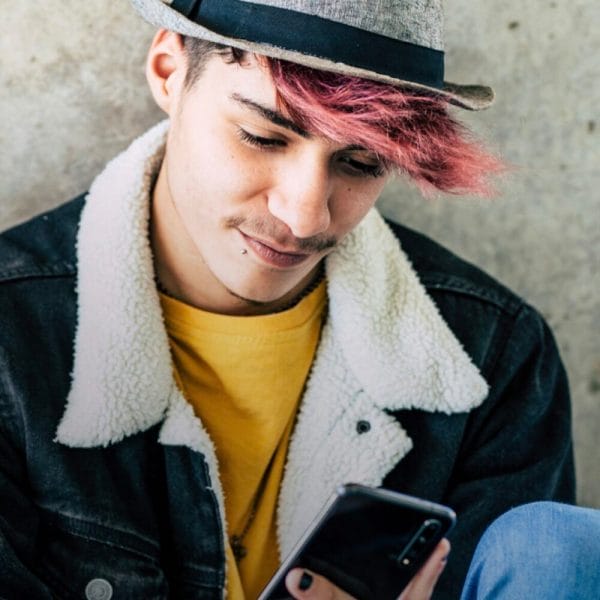 Hopelab Research Logo
Hopelab Research Logo
How can social media be harnessed to support mental health? Can acts of kindness be digitized to boost resilience? How might an app deepen real-world relationships? Hopelab applies behavioral science to answer these and many other big questions facing digital health today.




